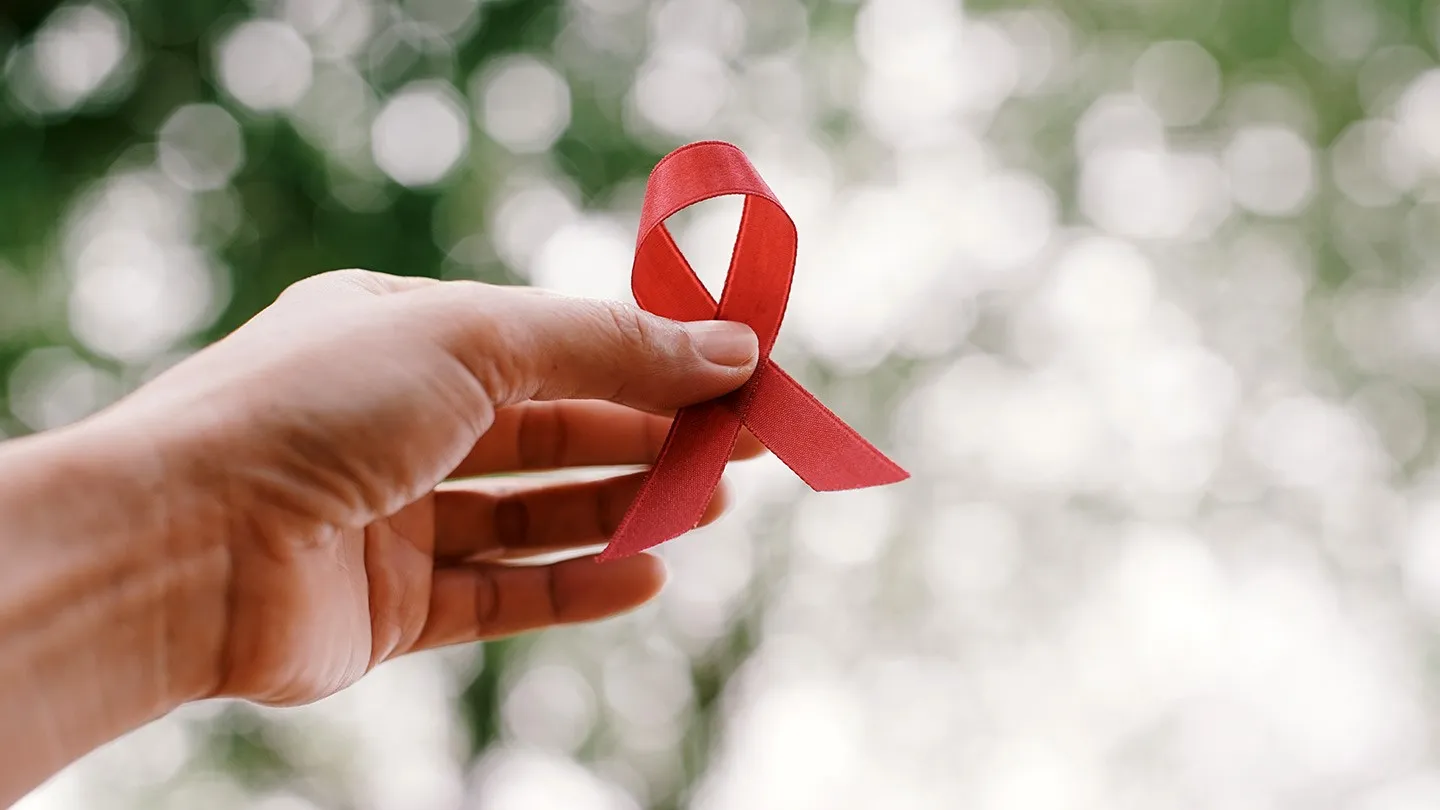Notice These 5 Signs in Your Body? Get Tested for HIV Immediately

HIV (Human Immunodeficiency Virus) is a condition that weakens the immune system, making it harder for the body to fight off infections and illnesses. One of the biggest challenges with HIV is that its early symptoms are often mild and easy to dismiss as a common flu or stress.....CONTINUE READING THE FULL STORY HERE
But being aware of how your body feels and reacts can help you catch it early and seek treatment in time. If you start noticing these five signs consistently, it’s wise to get tested and know your status.
1. Persistent Fatigue
Feeling constantly tired, even after enough sleep, may mean your immune system is under attack. This kind of fatigue doesn’t go away with rest and could be an early sign of HIV.
2. Unexplained Weight Loss
Sudden and significant weight loss without changes in diet or physical activity may indicate that the body is struggling to absorb nutrients—a common symptom in people with advanced HIV.
3. Frequent Fevers or Night Sweats
Recurring low-grade fevers or waking up drenched in sweat could be signs that your immune system is fighting an infection.
4. Swollen Lymph Nodes
Your lymph nodes (found in the neck, armpits, or groin) often swell when there’s an infection. If they remain swollen for weeks without a clear cause, it could be a sign of something serious.
5. Skin Rashes or Sores
Unusual rashes, dry skin, or sores in your mouth or private areas might indicate that your immune system is struggling.
These symptoms don’t automatically mean you have HIV, but they should never be ignored—especially if they persist. The best way to know for sure is to get tested.
It’s confidential, quick, and can help you take control of your health early. Remember, early detection can lead to better management and a longer, healthier life.
